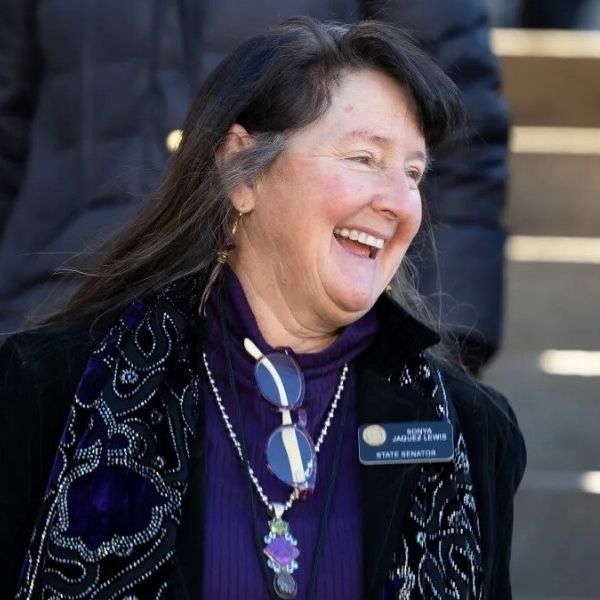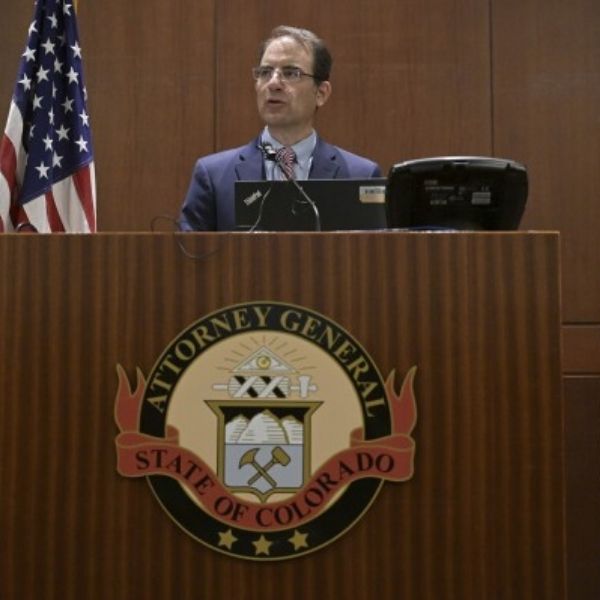As the Trump administration ramps up legal challenges to in-state tuition programs for undocumented students, Colorado Attorney General Phil Weiser says the state’s policy is legally sound and he’s committed to defending it.
Last month, Texas abruptly ended its long-standing in-state tuition program for undocumented students just hours into a lawsuit filed by the Trump administration. Since then, similar legal efforts have followed in Kentucky and Minnesota. However, Colorado has not received any such challenge or DOJ inquiry — yet.
“Colorado law does not favor undocumented residents over out-of-state American citizens,” said a spokesperson for AG Weiser, emphasizing that the state’s 2013 law is based on educational history or physical presence, not residency status.
Why It Matters:
The Trump administration claims offering lower tuition rates to undocumented students is discriminatory against out-of-state U.S. citizens. But Colorado officials argue otherwise, saying their law aligns with federal statutes and state authority.
Gov. Jared Polis also pushed back on federal interference, calling attempts to dismantle these programs “absurd” and harmful to students striving for affordable higher education.
“We’re committed to expanding access to college, not closing it off,” said a spokesperson for Polis.
What’s at Stake:
Roughly 408,000 undocumented students enroll in U.S. colleges annually — about 6,800 in Colorado alone, per the Higher Ed Immigration Portal. Without access to in-state tuition or financial aid, these students often face insurmountable tuition costs.
Advocates stress the importance of these programs for economic inclusion. In Texas, for example, nearly 20,000 students benefited from the state’s DREAM Act, earning a combined $430 million annually — a contribution that boosts local economies and the tax base.
In the meantime, legal and immigration rights groups across the country are mobilizing to slow down or block the unraveling of tuition equity programs, viewing the effort as a politically driven attack on immigrant communities.
“This isn’t just about tuition,” said Krystal Gómez of the Texas Immigration Law Council. “It’s about whether fear and confusion will replace fairness and law.”
This article has been carefully fact-checked by our editorial team to ensure accuracy and eliminate any misleading information. We are committed to maintaining the highest standards of integrity in our content.

Katie is a senior who has been on staff for three years. Her favorite type of stories to write is reviews and features. Katie’s favorite ice cream flavor is strawberry.















Leave a Reply